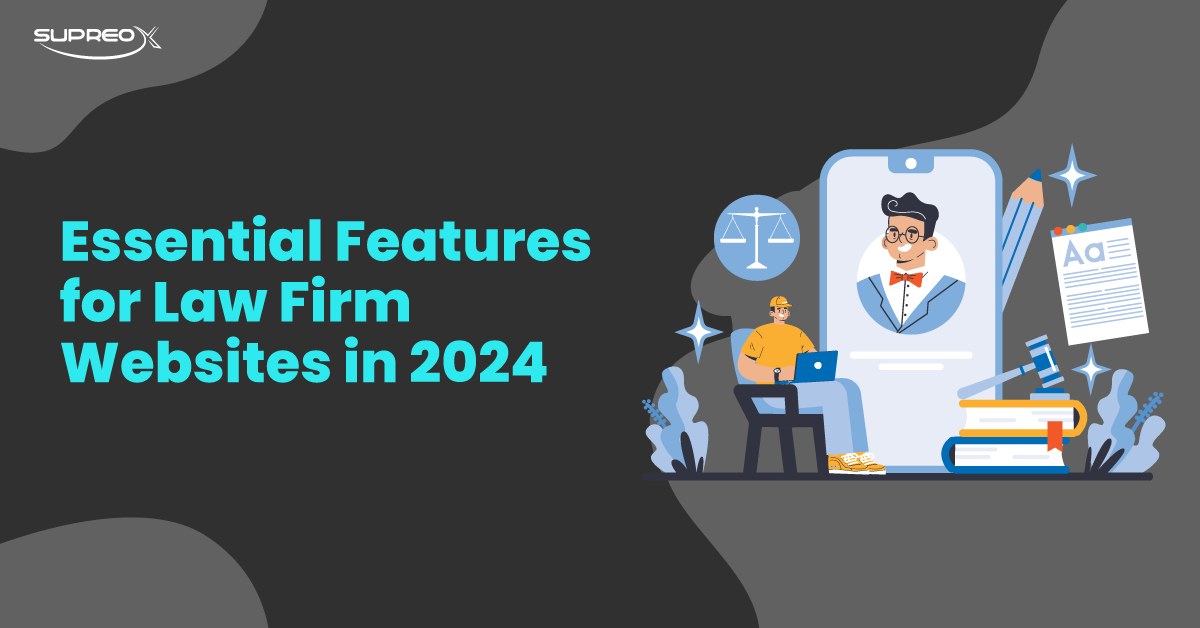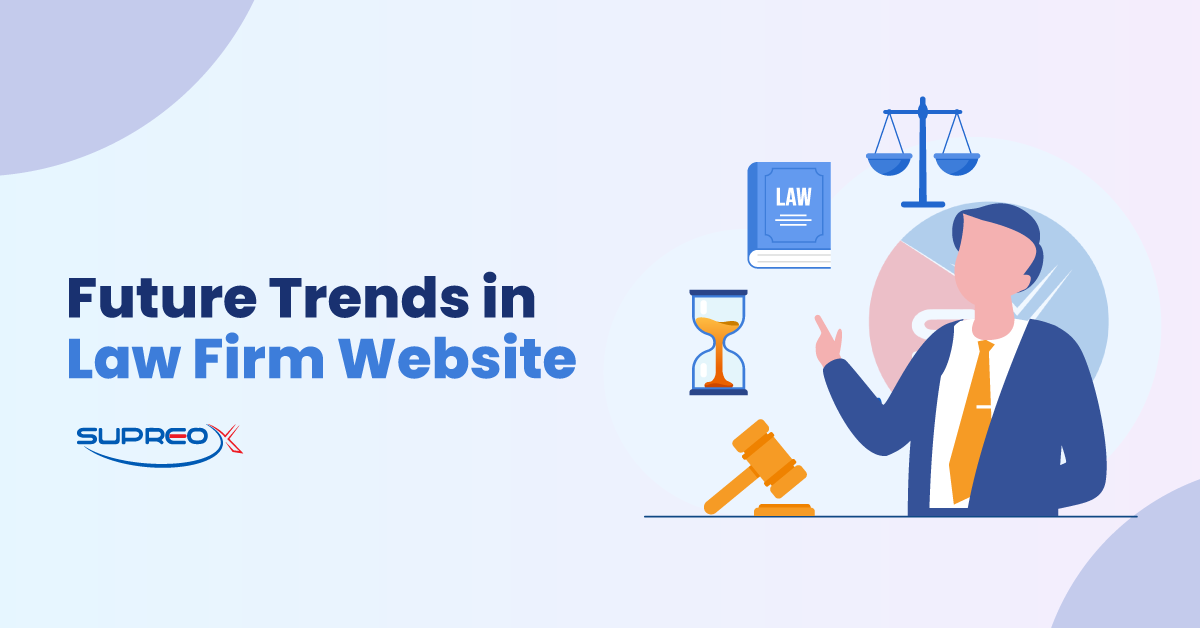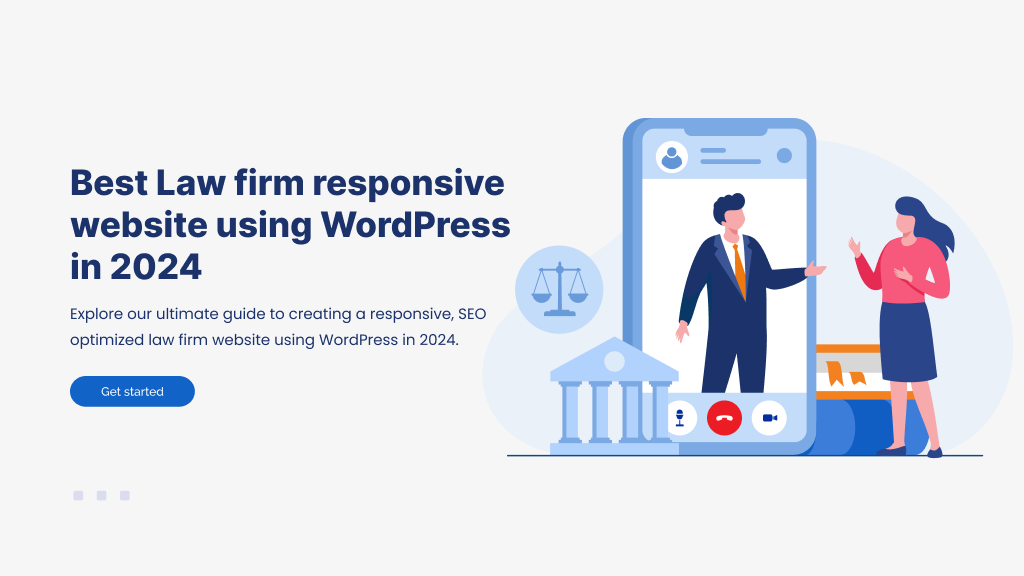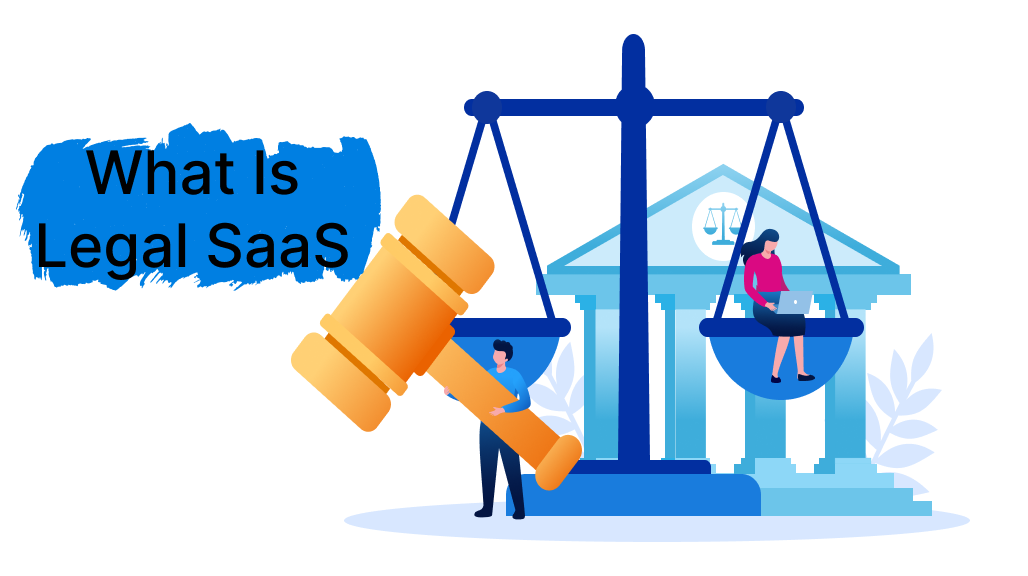In the dynamic digital world of 2024, having a sensitive website is not just a luxury for law firms; it’s a necessity. The legal sector, known for its adherence to tradition, increasingly embraces Bodoni font technology, and a sensitive website is the cornerstone of this incremental transformation. Utilizing WordPress, which is notable for its flexibility and user-friendliness, law firms can create websites that attract and retain clients by offering an exceptional online experience.
The key to success lies in understanding a law firm’s unique online presence requirements and leveraging WordPress’s robust features to meet these needs. This comprehensive guide will walk you through every step of creating a responsive practice law firm site using WordPress, ensuring your online presence is effective and compliant with industry standards in 2024.
Understanding the Basics of a Responsive Law Firm Website
What Makes a Website Responsive?
A responsive internet site automatically adjusts its layout, content, and images to accommodate the device it is being viewed on, be it a desktop, tablet, or smartphone. This adaptability is crucial in 2024, as mobile web use continues to rise and Google prioritizes mobile-friendly websites in its look for rankings. A responsive plan ensures that your law firm’s website provides an optimal wake experience with easy reading and navigation, stripped resizing, panning, and scrolling across various devices.
Why Law Firms Need Responsive Websites
For law firms, a responsive website is about technological advancement, client engagement, and accessibility. Prospective clients often search for legal services on the go, and an internet site that loads quickly and displays content on their mobile devices is more likely to capture and keep their attention. Moreover, a responsive design improves your website and seeks undefined optimization (SEO), making it easier for clients to witness your services online.
WordPress: The Ideal Choice for Law Firms
Choosing WordPress for your law firm’s website offers numerous advantages:
- User-Friendly: WordPress is known for its self-generated dashboard and ease of use, allowing quick updates and edits.
- Customizable: With thousands of themes and plugins, WordPress provides uncomparable customization options to play off your law firm’s stigmatization and functionality needs.
- SEO-Friendly: WordPress has built-in SEO tools and plugins, which help your site rank high in search results.
- Secure and Reliable: Regular updates and a vast number of developers ensure WordPress is a secure platform for your sensitive legal content.
Planning Your Law Firm’s WordPress Website in 2024

Setting Clear Objectives
Before diving into the undefined phase, it’s essential to define the objectives of your law firm’s website. Are you looking to pull fresh clients, cater selective information about your services, or establish your firm as a thought leader in the valid community? Clear objectives will guide your plan and content strategy.
Audience Analysis: sympathy for Your Client’s Needs
Identify your target clientele. Are individuals seeking personal legal advice or businesses looking for sound corporate services? Understanding your audience helps you tailor your website’s content and design to their expectations and needs.
Competitor Analysis in the Legal Sector
Analyzing your competitors’ websites can provide valuable insights. What features do they offer? How is their content structured? This information can help you differentiate your website and identify opportunities to outperform your competitors.
Designing a User-Friendly Law Firm Website on WordPress
Key Elements of a Law Firm Website Design
When designing your law firm’s website, certain elements are vital for creating a professional and trustworthy online presence:
- Layout: A clean, organized layout aids navigation and effectively showcases your services.
- Color Schemes: Choose colors that reflect your firm’s brand and ethos. Blues and greys, for example, convey professionalism and trust.
- Typography: Clear, readable fonts are crucial, especially for detailed legal content.
Utilizing WordPress Themes for Law Firms
WordPress offers themes tailored to law firm practice. These themes come with pre-designed layouts and easy customization options. When selecting a theme, consider responsiveness, ease of customization, and compatibility with legal industry plugins.
Accessibility and Compliance
Your practice of law firm’s website must be available to all users, including those with disabilities. This substance adheres to the Web Content Accessibility Guidelines (WCAG). Compliance with these standards is a legal requirement and demonstrates your firm’s commitment to inclusivity.
Essential Features for Law Firm Websites in 2024

Must-Have Pages and Content
Your law firm’s website should include several key pages:
- Homepage: A welcoming first look that clearly explains your services.
- About Us: Introducing your team and highlighting your firm’s history and values.
- Services: Detailed descriptions of your legal services.
- Testimonials: Showcasing client feedback to build trust.
- Contact Information: Easily accessible contact details and a form for inquiries.
- Blog: Offer valuable insights into legal topics and showcase your expertise.
Integrating Advanced Features
Incorporating advanced features can significantly enhance your website’s functionality:
- Online Appointment Scheduling: Allowing clients to book consultations directly through your website.
- Live Chat: Providing immediate assistance to website visitors.
- Case Evaluation Forms: Enabling potential clients to submit details about their legal issues.
Security and Privacy Considerations
Given the sensitive nature of legal work, your website must prioritize security:
- SSL Certificates: Ensuring all data transmitted through your site is encrypted.
- Data Protection: Complying with regulations like GDPR for client data privacy.
SEO Optimization for Law Firm WordPress Websites
Keyword Strategy for Legal Services
Develop a keyword strategy focused on terms your potential clients are searching for. Use tools like Google Keyword Planner to identify relevant keywords and incorporate them naturally into your content.
On-Page SEO Best Practices
On-page SEO involves optimizing individual web pages to rank higher in search engines. This includes:
- Content Optimization: Ensuring high-quality, relevant content.
- Image Optimization: Using descriptive file names and alt tags for images.
- Meta Tags: Crafting compelling title tags and meta descriptions.
Building Authority with Quality Content
Regularly publishing authoritative content on legal topics provides value to your audience and establishes your firm as a knowledgeable leader. This enhances your website’s authority and search engine ranking.
Maintaining and Updating Your Law Firm’s Website
Regular Updates and Backups
The digital landscape is constantly evolving, and so should your website. Regularly updating your WordPress site and plugins is crucial for security and functionality. Additionally, regular backups protect your site from data loss due to technical issues or security breaches.
Monitoring Website Performance
Utilize tools like Google Analytics to monitor your website’s performance. Track metrics such as page views, bounce rate, and average session duration. This data helps identify areas for improvement and informs decisions for future updates.
Engaging with Clients through Your Website
Your website can be a powerful tool for client engagement. Encourage feedback and interaction through comment sections, surveys, and newsletters. This enhances client relationships and provides valuable insights into your client’s needs and preferences.
Future Trends in Law Firm Websites

Staying Ahead with Technology
In 2024 and beyond, law firms must stay abreast of technological advancements to remain competitive. Emerging trends such as artificial intelligence (AI), virtual reality (VR) consultations, and blockchain for secure transactions could significantly impact how law firms interact with their clients online.
Adapting to Changing Client Expectations
As technology evolves, so do client expectations. Future law firm websites must incorporate more interactive elements, personalized experiences, and enhanced mobile functionality to meet these changing demands.
Conclusion
A responsive website for a law firm may be established using WordPress, incorporating strategic planning, technical acumen, and client needs knowledge. All these and more you shall learn with this detailed guide, which will enable your law firm to be established soundly over the Internet, address your client’s needs, comply with regulatory standards, and be capable of standing against the test of time and trends in technology.
After all, your website is usually the first contact between your company and potential clients. If it is streamlined, user-friendly, and packed with useful information, you will only be expressing yourself well, building trust and credit in your legal services.









